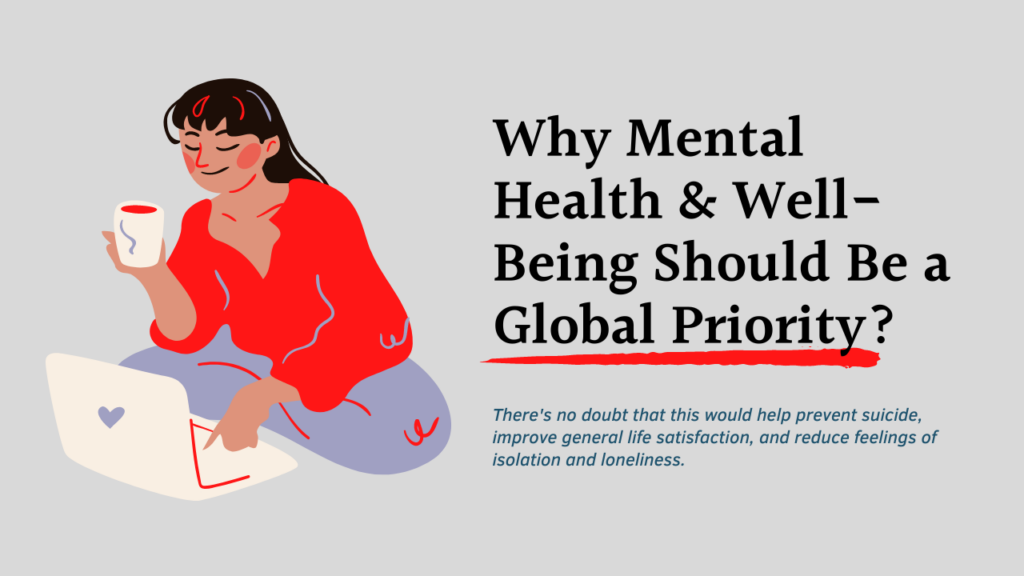The COVID-19 pandemic has brought significant disruptions to the global job market and has accelerated the need for new #skills and roles in various industries.
With the onset of a new widely adopted style, “remote work” – employees and employers had to quickly adapt to the changing times.

Image Source: Flexjobs
While the pandemic is in the rearview mirror as we progress forward, its impact continues to be felt positively – largely to the way people work now and the new roles that emerged from it.
As the world adapts to a post-pandemic reality, it is crucial to understand these emerging roles that will shape the future of work. From #IT to #Finance to #Marketing, several jobs have gone completely remote.
This shift has not only resulted in the emergence of roles that facilitate effective remote work but has also given rise to new jobs that cater to the demands of the current job market.
Our latest report will examine the emerging roles that have had a lasting impact on the job market since the pandemic.
Leveraging data from JobsPikr – a platform that provides comprehensive and accurate insights into the job market, we’ll determine requirements for new roles and the countries where they are most popular.
Key Trends that Shaped the Job Market
1. Acceleration of Digital Transformation
The pandemic forced organizations to quickly adapt to remote work and embrace digital technologies. A report by the IMF finds that digitalization increased by an average of 6 percent across advanced economies since the onset of the pandemic – especially in countries or industries that had been lagging.
This led to the insurgence of new roles such as data scientists, cybersecurity experts, AI specialists, and digital project managers.
2. Priority on Health and Overall Well-being
It comes as no shock that the pandemic made people more aware of their health and well-being. Not just from a physical standpoint, with the prevailing disastrous effects of Covid-19, mental health took a nosedive for most of the global population.

Image Source: LinkedIn – Mental Health Reflections
Online therapy also became normalized as Jeanine Turner, Professor of communication, culture, and technology at Georgetown University, says –
Last year, within weeks, the system had to absorb all the challenges of wide-scale adoption. Now, it’s taken off—and there will be no going back.
*last year refers to 2020
3. Sustainable Practices and Environmental Stewardship
The global focus on sustainability and environmental consciousness has intensified ever since Covid-19. During this period when the world experienced a shutdown, daily carbon dioxide (CO₂) emissions were drastically reduced by 17 percent by early April 20203. Individual and corporate carbon footprints also decreased as people were mainly confined to their homes and cities.

Image Source: Built in
As a result, roles in renewable energy, sustainable agriculture, green construction, and environmental consulting have gained prominence.
4. Resilience and Crisis Management
The pandemic underscored the importance of effective crisis management and resilience. Organizations now prioritize roles such as risk managers, business continuity planners, and emergency response coordinators to mitigate future risks and ensure business continuity in the face of crises.
5. Work and Home Facilitators
Another new sector of job creation that emerged from the pandemic is the role of house and work facilitators. With the shift to remote work, various positions were established to ensure business continuity, efficiency, and productivity, and many of these roles are still prevalent today.
It also gave rise to roles that solely manage a person’s home while the individual works. Job titles such as house manager and workplace architect continue to see a significant demand today.
As the world navigates the post-pandemic era, the job market is evolving rapidly, giving rise to new and exciting roles. The emerging roles discussed in this report represent just a glimpse of the opportunities and transformations taking place in various industries.



